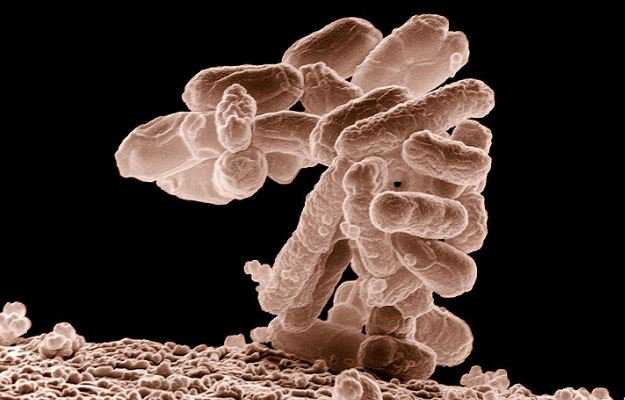What are E. coli infections?
Escherichia coli, commonly called E. coli, is a natural resident of your gut. Since its discovery in the late 1880s, this bacterium has been used in microbiological and biotechnological studies due to its ease of handling and its ability to grow in aerobic and anaerobic conditions. It has 7 different pathogenic types, which are responsible for causing various infections such as urinary tract infection (UTI), septicaemia, meningitis and diarrhoea. In India, E. coli infections are commonly seen every year, the most common being diarrhoea and UTI.
What are its main signs and symptoms?
You will experience a broad spectrum of symptoms depending on the type of E. coli infection you have. Based on the kind of infection, the signs and symptoms seen are:
- Diarrhoea in children and traveller’s diarrhoea: Watery stools (sometimes with mucus) and vomiting.
- Haemorrhagic colitis: Bloody stools.
- E. coli infection with Crohn’s disease: Persistent inflammation of the intestine, lesions on intestinal wall and watery stools.
- UTI: Pain with urination, foul-smelling urine and high fever.
- Neonatal meningitis: High fever in newborns.
What are the main causes?
The main cause of infections is the contamination of food and water caused by the pathogenic E. coli. Although E. coli may be a friendly bacterium inside the gut, its pathogenic strains can create havoc in the human body. These can produce infections even in healthy humans and can be spread by:
- Drinking contaminated water
- Eating contaminated food
- Consuming vegetables grown in E. coli-contaminated soil
- Unhygienic eating habits
- Hospital effluents contaminated with E. coli
How is it diagnosed and treated?
Diagnosis of different E. coli infections will mainly involve testing for the presence of bacteria or its toxins in the specimen. Depending on the infection, the diagnostic tests conducted are:
- UTI: Urine examination and urine culture.
- Diarrhoea: Testing of stool specimen.
- Neonatal meningitis: Cerebrospinal fluid (CSF) examination and culture.
- Crohn’s disease: Conventional radiology to study lesions in the intestine and differentiate them from ulcerative colitis, along with stool examination to confirm the presence of E. coli.
With multidrug-resistant species of E. coli around, the treatment can be challenging. The treatment of E. coli infections includes:
- Rational use of antibiotics
- Probiotics
- Bacteriophage therapy
- Antimicrobial peptides
In addition to medication, some self-care measures like drinking plenty of water and taking rest can be helpful.
Preventive measures include proper hygiene, safe food practices and good sanitation.

 Doctors for E. coli Infection
Doctors for E. coli Infection  OTC Medicines for E. coli Infection
OTC Medicines for E. coli Infection


















